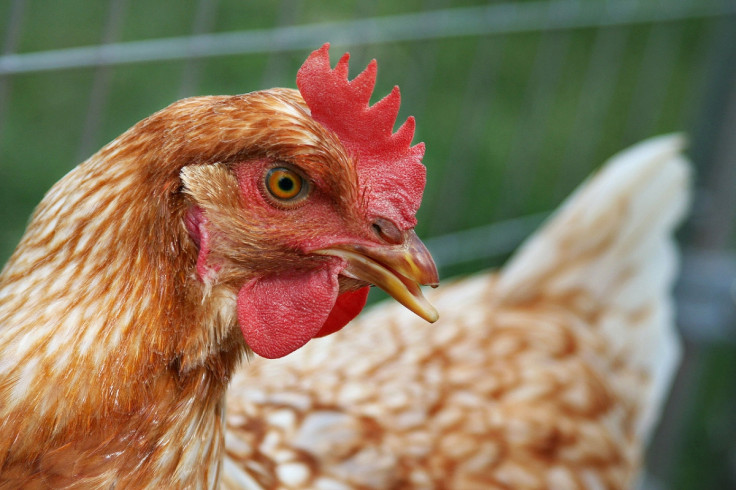Malaria mosquitos hate the smell of chicken
Malaria-transmitting Anopheles arabiensis species is found to avoid certain animals when looking to feed.
Mosquitoes that transmit malaria have been found to have a strong aversion to the smell of chickens. This is the first time that mosquitoes have been shown to actively avoid certain animals, and the findings could pave the way for better repellents and protection for humans.
A team of scientists from the Swedish University of Agricultural Sciences and Addis Ababa University in Ethiopia were looking at which species of animal Anopheles arabiensis, a mosquito known to spread malaria in sub-Saharan Africa, prefers to feed on.
They looked at data from three Ethiopian villages where humans and domestic animals live, while also collecting mosquitoes post-feed to see which species they had fed on.
Their findings, published in Malaria Journal, showed that the species preferred human blood over other animals when were looking to feed indoors. While outdoors, they randomly went for cattle, goats and sheep. It was found to completely avoid chickens in both settings.

Mosquitoes pick their host based on smell. To further test the species' aversion to chickens, the team collected hair, wool and feathers to look at the odour compounds in them. Their findings showed certain compounds were only present in the chicken feathers, so the team used these to see if they would repel mosquitoes.
Scientists set up traps in 11 of the houses and volunteer in each slept in bed without a mosquito net. They found far fewer mosquitoes were caught in traps bated with the chicken odours than the control traps. Similar results were shown when a chicken was placed next to the traps.
Corresponding author Rickard Ignell said: "We were surprised to find that malaria mosquitoes are repelled by the odors emitted by chickens. This study shows for the first time that malaria mosquitoes actively avoid feeding on certain animal species, and that this behaviour is regulated through odour cues."

The discovery could lead to better ways of controlling mosquitoes and potentially better preventative measures for those at risk from the disease, Ignell said: "People in sub-Saharan Africa have suffered considerably under the burden of malaria over an extended period of time, and mosquitoes are becoming increasingly physiologically resistant to pesticides, while also changing their feeding habits – for example by moving from indoors to outdoors.
"For this reason there is a need to develop novel control methods. In our study, we have been able to identify a number of natural odour compounds which could repel host-seeking malaria mosquitoes and prevent them from getting in contact with people."
© Copyright IBTimes 2025. All rights reserved.






















